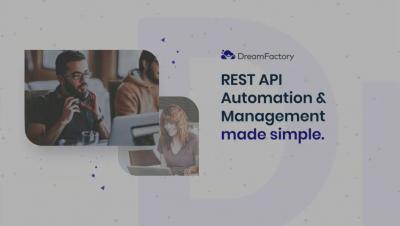Operational Database Scalability
Cloudera’s Operational Database provides unparalleled scale and flexibility for applications, enabling enterprises to bring together and process data of all types and from more sources, while providing developers with the flexibility they need. In this blog, we’ll look into capabilities that make Operational Database the right choice for hyperscale.











